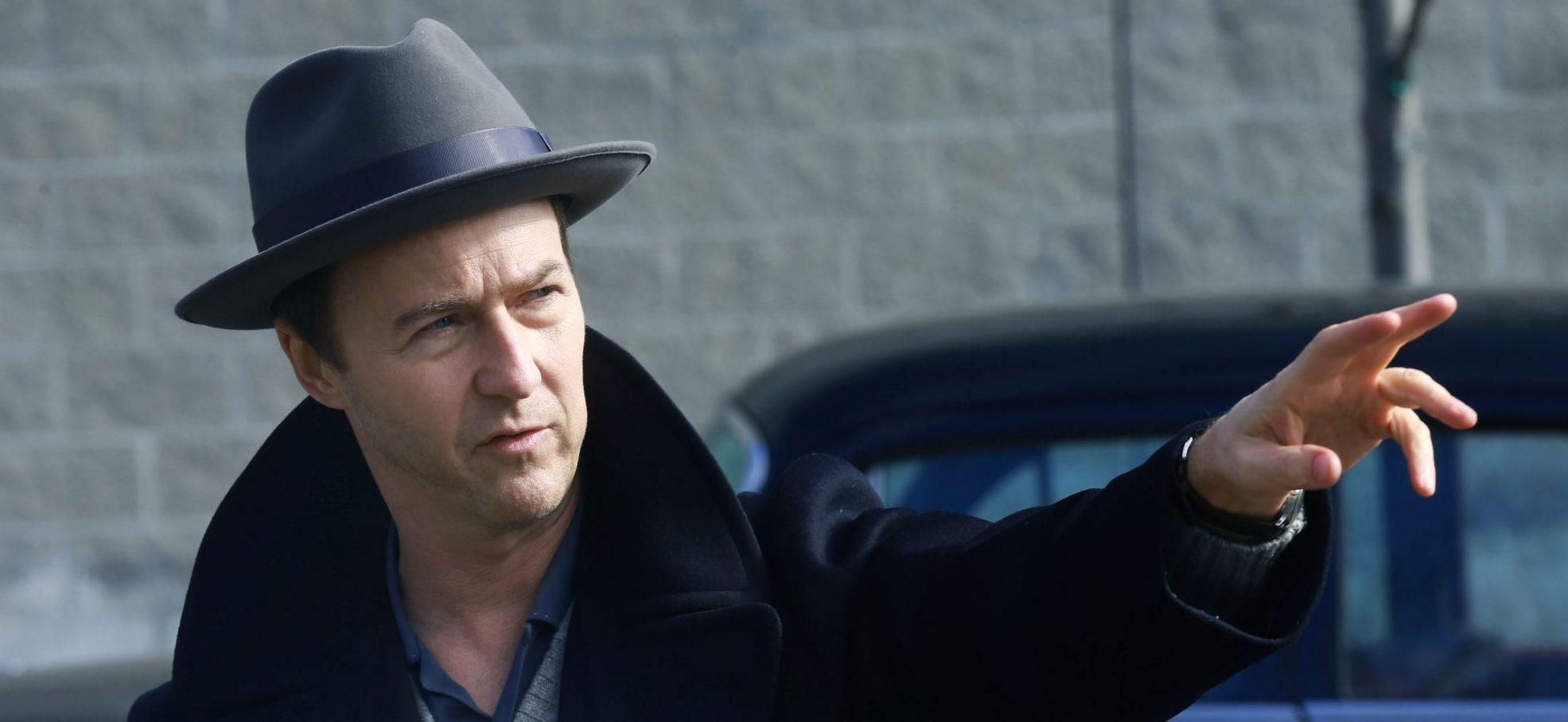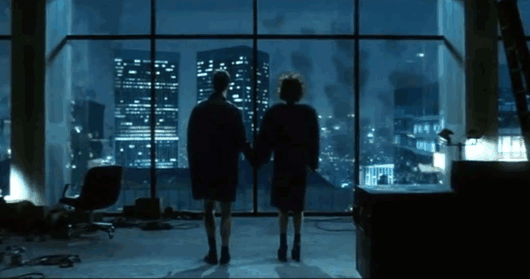The Jab Fake of Edward Norton's Narration in 'Fight Club'
By Kim Handysides on April 3, 2022 at 4:00 PM EDT

This is your life, and it's ending one minute at a time.
The use of an unreliable narrator has become a recurring trope over the last few decades, but it’s been popular in Western culture since the 19th century. Today, when we talk about the unreliable narrator, we tend to think of films like The Joker,The Shawshank Redemption, and of course, the 1999 cult classic, Fight Club.

Edward Norton’s Chilling Narration Style
It’s damp, somber, and eerily familiar; Edward Norton’s infamous voice-over in Fight Club speaks to us like an old trusted friend. He speaks to us like we’re right there with him and spares no expense in giving the audience every gritty little detail the story has to offer.
Every detail, save who he actually is.
An Obscure Narrator
Our narrator is obscure - as well as we think to come to know him and what he thinks about the world, we don’t even have his name.
In fact, the audience comes to know very little of Norton’s character over the entirety of the film and the closest thing we get to a real name from him is Jack. But even that is a tenuous placeholder at best. All the audience knows about him from the very beginning is that he’s a neurotic insomniac with a yearning for Ikea furniture - and he hates his life.
He’s addicted to pain and suffering, even though he doesn’t realize it. His own inflated sense of mundane self-importance infectiously bleeds through the tone of his voiceover and attempts to guide us toward the same conclusions he does. He doesn’t just lead us down the rabbit hole, he uses his voice-over to take the audience by the hand. But he doesn’t do it to guide us - he’s just as lost as we are and talks to the audience as if looking for validation of his feelings.
I am Jack’s Complete Lack of Surprise - An Overly Honest Narrator
Our narrator isn’t just direct, he’s overly honest, and uses his narration to tell us exactly what he’s thinking.
Peppered throughout the film, the narrator drops tidbits of internal feelings and monologue that sum up his mental or emotional state. For brief windows, we’re all “Jack’s complete lack of surprise”, “Jack’s inflamed sense of rejection” and “Jack’s broken heart."

As nonchalant and monotone as Edward Norton presents these feelings, the eerie resignation he imbues in them carries twice the impact a more dynamic voice might. The effect is nothing short of chilling and to the point; it draws his audience deep into the narrative and makes us forget the deeper questions we have about him.
The Unreliable Narrator
As audience members, we only know what our oversharing narrator knows - but he only knows what Tyler allows him to.
For months he is plagued with insomnia and seeks out support groups to feel a sense of release from his pointlessly perfect life. But our narrator’s life changes the moment he meets Tyler Durden; or at least when Tyler reveals himself to him. The two bond as single-serving friends over a flight and shortly after their “chance” encounter, our narrator’s entire world goes up in flames.
He emerges from the wreckage like a bruised and awkward phoenix from the ashes.

All of the worldly possessions he gawked over at the beginning of the movie - were gone. Everything he thought he’d needed to make himself happy - literal cinders in the gutter. It’s a hauntingly narrated rebirth into a stripped-down life that suits him. He doesn’t need to attend survivors’ meetings to get a good night’s sleep anymore, he has Fight Club - he has Tyler. The loathing he felt for his life, he finds as love for Tyler and what they’ve started to build together.
As Tyler points out when they meet, he’s clever - but as the audience comes to learn, not half as clever as he believes himself to be. The sick joke of it all is that our main character actually knows nothing - only what Tyler lets him.
Up until the very end of the movie, we have no idea what Tyler’s plan is because our narrator doesn’t either. Everyone he interacts within the film sees them as a singular person, but as far as our narrator is concerned, they’re completely different people and he’s just following Tyler like a lost puppy. He only starts to realize something is up when people slip and accidentally call him Tyler - that’s when everything comes crashing down.
Upon rewatching the film, there’s an added layer of depth to Norton’s character and voice-over. In retrospect, the truth of the story is clear and obvious; our narrator gave us the tools to figure it out for ourselves all along.
But like Edward Norton’s character, we just want to enjoy the ride and accept it all at face value.
Kim Handysides is an award-winning voice artist, coach and thought leader in her industry. Her narrations have been heard on Discovery, Netflix, and the major networks, in iMax, the White House and the Smithsonian.